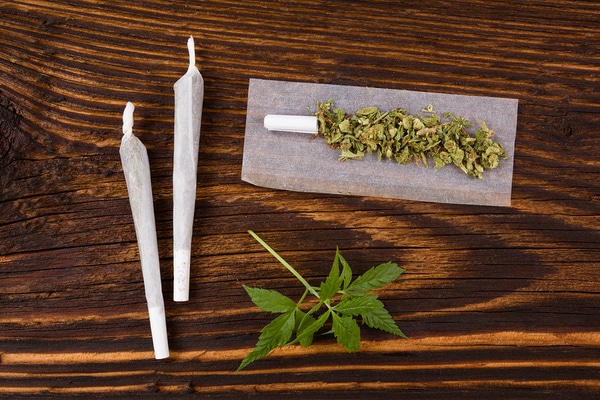
Marijuana addiction and dependence is a real condition.
Recreational marijuana use is now legal in Alaska, Colorado, Oregon, Washington, California, Massachusetts, Nevada, and Washington, D.C. According to the New York Times, that means that more than 20 percent of Americans now live in a state where marijuana use is legal for adults. What message does that send about the existence of marijuana addiction? And, does that mean that marijuana is a non-addictive drug?
The answer to that question is a resounding “no.” While there are many people who use marijuana recreationally without ever becoming addicted to it, approximately 10 percent of users do become addicts. That is one reason why the American Psychological Association (APA) considers marijuana dependence a real condition and includes it in the DSM-IV, its handbook of mental disorders.
According to the Substance Abuse and Mental Health Services Administration (SAMHSA), about 4.3 million Americans use marijuana at levels consistent with abuse or dependence, making it the most commonly used and abused illicit drug in America.
Are You Addicted to Marijuana?
Recreational users of marijuana are at risk for addiction. But how do you know if you are addicted? Here are some common signs of marijuana addiction:
- Developing a tolerance for the drug, meaning that you need more and more of it to achieve a “high”
- Inability to stop using without suffering withdrawal symptoms such as irritability, severe headache, insomnia, loss of appetite, anxiety, nausea, or strong cravings for marijuana
- Using despite being aware of physical, emotional, or financial harm from the use of marijuana
- Trying to stop using marijuana and being unable to do so on your own
If you recognize any of these symptoms in your case, it is a good idea to consider getting help to fight your addiction to marijuana.
Long-Term Effects of Marijuana Abuse
Despite its widespread use, marijuana is by no means harmless. Especially in teens, marijuana use can lead to significant cognitive impairment such as reduced complex attention, psychomotor speed, emotional control, learning, and memory. Teens that use marijuana regularly also are at increased risk of experiencing other mental disorders such as psychosis or schizophrenia.
Long-term effects of marijuana abuse for all age groups include:
- Respiratory issues similar to those experienced by heavy smokers
- Increased cardiovascular risks
- Memory impairment
- Psychological dependence
- Increased risk of certain cancers
- Impaired immune system
- Lowered fertility
Finding Appropriate Substance Abuse Treatment for Marijuana Addiction
Marijuana addiction does not have to control your life. You have several substance abuse treatment programs from which to choose to beat the habit. You can choose an inpatient program, where you can stay for a time among counselors, therapists, and other addicts who are also fighting a battle against addiction. Inpatient programs are especially effective for those who need a controlled environment in which to recover.
Another option is outpatient treatment. With outpatient treatment, you can continue to live at home while undergoing treatment. Counseling and behavioral and cognitive therapy are used to help you fight addiction.

Take control of your life back by choosing a substance abuse treatment program and sticking with it.
We’re Here to Help
Since 1961, Harris House has been helping those with chemical dependencies break free from addiction and live responsible, productive lives. We offer compassionate treatment options designed personally for each individual who uses our services. If you are struggling with a substance abuse problem, contact us today. We will help you find the tools to fight and win your battle against addiction.







